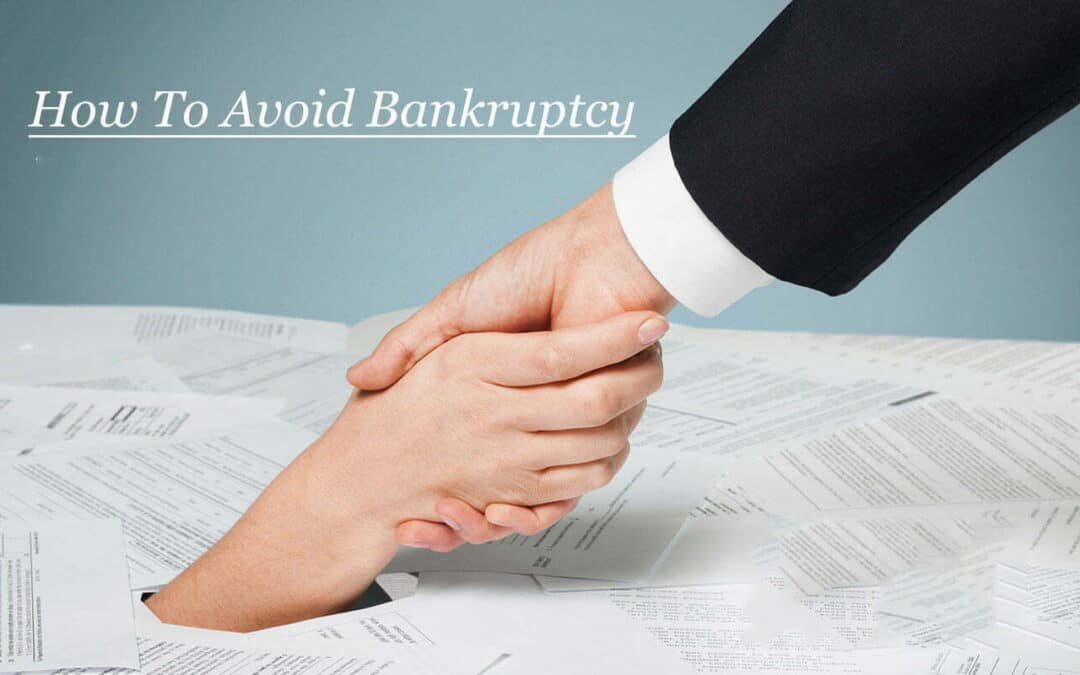The COVID-19 outbreak has demonstrated how quickly finances can deteriorate. Fortunately, this will not have an impact on the number of bankruptcies filed in 2020. While 774,940 bankruptcy cases were filed in 2019, the number dropped to 544,463 in 2020, a decrease of about 30%. This demonstrates that momentary setbacks do not always have to lead to bankruptcy.
If you’re worried about your finances, realize that it’s not the end of the world. You, like many others, may be able to avoid bankruptcy if you take appropriate proactive measures.
1. Selling Some Assets
You can consider selling some of your valuables if you’re short on cash. Jewelry, electronics, and other goods are examples. If you have a high-priced car, you may want to consider selling it and purchasing a less expensive option. If you have a boat or a motorcycle that you don’t use very often, it can help you make some cash. If you don’t mind downsizing, you could even sell your current home and purchase a smaller one.
2. Reducing Expenses
At this point, your primary goal should be to reduce your debt as rapidly as feasible. This entails devoting all possible funds to debt repayment. This also entails cutting down on your mailing to the bare minimum. Eating out, vacationing, getting expensive haircuts, and buying needless clothing/footwear, for example, must all be discontinued immediately. Furthermore, quit using credit cards because you will only buy what you can afford.
3. Prioritizing Debts
Begin by keeping track of your essential financial commitments, such as housing, food, utilities, transportation, alimony, and child support. Next, pay as much as you can toward your high-interest debt while making at least minimum payments on everything else. Your ultimate goal should be to pay off all of your high-interest debt as soon as feasible. Find out if you qualify for loan forgiveness, discharge, or cancellation if you already have a student loan.
4. Negotiating With Creditors
Inform your creditors of your present financial condition by calling them. This could work in your favor because creditors would prefer to receive some money rather than none at all. Creditors have been known to offer aid in the form of decreased fees, lower interest rates, and revised payment periods in some cases. Once you’ve reached an agreement, try your best to keep to it because your creditor is unlikely to provide you more wiggle room in the future.
5. Consolidating Your Debt
To consolidate your debt, you’ll need to take out a new loan to pay off your old one. If you can discover a loan with advantageous terms in the form of cheaper interest, lower monthly installments, or both, this could be a good option for you. However, think twice about taking out a home equity loan for this purpose because you could lose your home if you default on the new loan.
6. Settling Your Debt
Negotiating with creditors or debt collection agencies with the goal of lowering the total amount you owe is referred to as debt relief. If your creditor accepts, you must make a single lump sum payment to satisfy the amount.
While some debt relief organizations offer this service, it is a better idea to get guidance from a debt relief attorney. This is because, while the former works exclusively for profit and usually charges a large upfront fee, the latter puts your interests first and can walk you through all of your other debt relief options.
Conclusion
If you’re drowning in debt and think you’re on the verge of filing for bankruptcy, the first thing you should do is reach out to a non-profit credit counseling organization. Take no dramatic measures, such as withdrawing funds from your retirement account, as this will have a negative long-term impact. If you’ve already sought credit counseling and aren’t sure how to prevent bankruptcy, you might benefit from consulting with a lawyer who specializes in debt-related matters.

